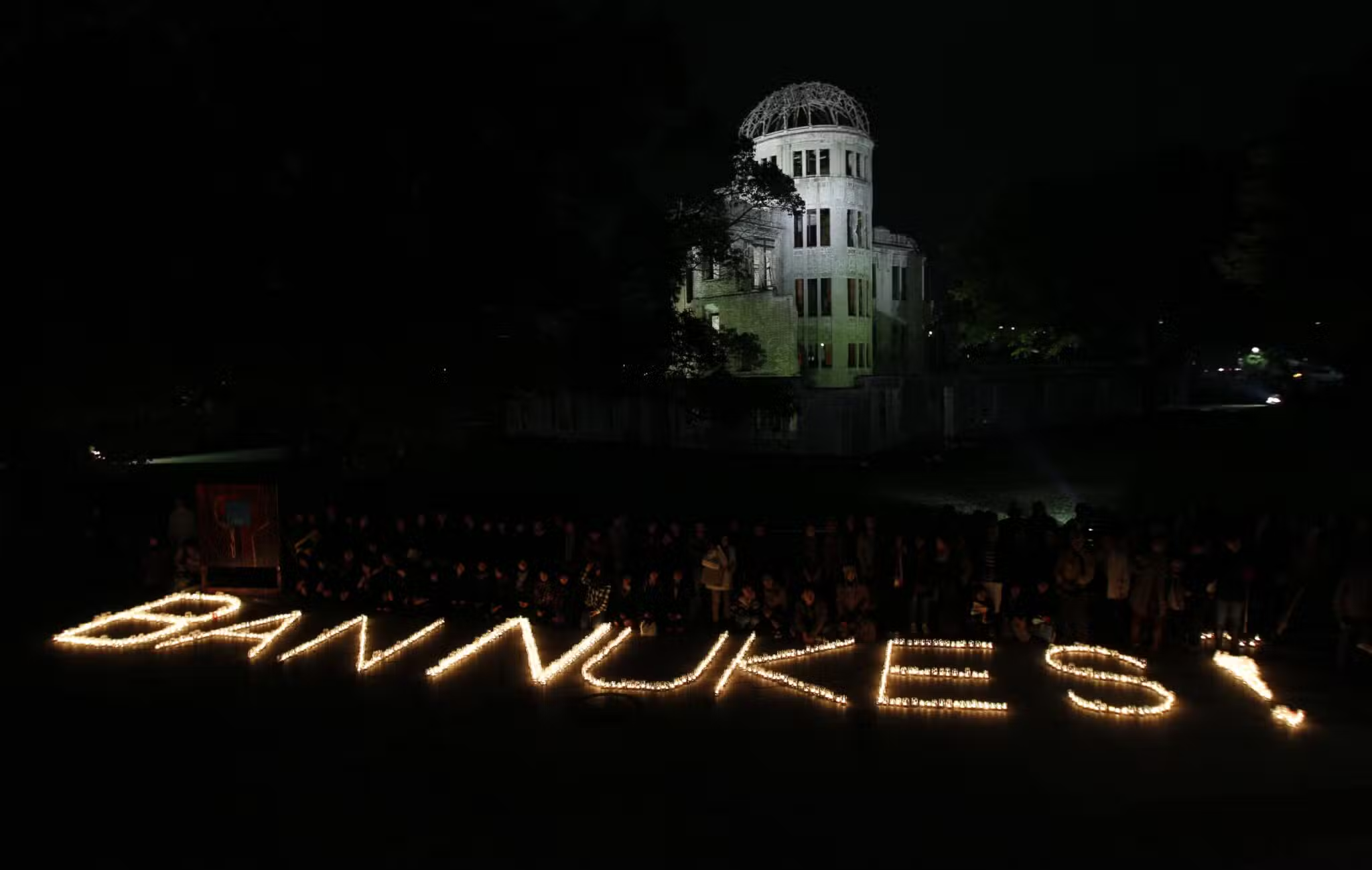“Being Christian is a call to go against the current [and] to recognize, welcome, and serve Christ himself, abandoned in our brothers and sisters.”
—Pope Francis
Like holidays or holy seasons, commemorative months such as Black History Month can fall into the trap of becoming purely symbolic, routine, and thus stripped of their power to transform us. We may even find ourselves a bit fatigued by the repetitive cycles of the calendar year. But by remembering the myriad contributions to society made by African Americans and the immense challenges they have overcome, we may also find new energy and joy by responding to God’s call for us to love and respect one another.
Though the word history is in its name, Black History Month is as much about our nation’s present and perhaps even more about its future—one strengthened by both the rich cultural diversity and the principled unity of its citizens. It’s a time to look back and learn, but it’s also a time to take stock of our society’s health with regard to race relations. As a historical era, the civil rights movement is over, with many historians giving it a date range of 1954 to 1968. But in no way does that mean that the struggle for equality by African Americans and other minorities has ended. In that sense, this movement is a living, breathing one that can continually challenge us.
Where Are We Now?
The first national observance of Black History Month in the United States occurred in 1976. So there’s been quite a bit of time for the month to settle in as an American tradition. Yet a 2017 Gallup poll reported that 42 percent of Americans worry a “great deal” about race relations in the United States. That number was 14 percent when the same poll ran in 2014.
Could the cause be the resurgence and higher visibility of white nationalist groups, their numbers and energy unchecked by apathetic members of the white majority? The footage of a car driven by James Fields Jr. ripping through a crowd of people protesting a white supremacist rally in Charlottesville, Virginia, was terrifying, graphic, and unforgettable. Yet that story, like so many others, faded from the headlines after the news cycle moved on.
The excessive use of force by police on black citizens and other minorities could be a part of the problem as well. One morning last December, while getting ready for work, I saw a story on the news about New York City police officers who forcefully pried a 1-year-old from his mother’s arms at a social services office. The mother, a 23-year-old African American woman named Jazmine Headley, was at the office to renew a childcare benefit. There were no chairs available, so she sat in the corner, holding her son. After an exchange with a security guard, who requested that she move, despite the fact that there was nowhere to sit, police were called, and the incident ensued.
A bystander armed with a cell phone recorded video of the situation and posted it to Facebook, where the story quickly went viral. What’s more disturbing is that we’ve almost come to expect to see these stories in the news. Still, there must be some way to work through these problems as citizens and children of God.
Where Do We Go From Here?
This may all sound like doom and gloom, but God puts things in our paths as individuals and as a society to help us out of this mess. We have all the tools we need to rectify the broken places in our hearts and in our world. The beauty of the Gospel call to build the kingdom of God lies greatly in its simplicity and directness. We need not look much further than the Golden Rule and the beatitudes to guide us and to help cultivate tolerance and compassion in our diverse nations.
We can also look to the words of Pope Francis on racism for inspiration. In a September 2018 speech he gave at the Vatican during a conference called “Xenophobia, Racism, and Populist Nationalism in the Context of Global Migration,” the pope commented on the recent worldwide uptick of racism. “We live in times in which feelings that to many had seemed to be outdated appear to be reemerging and spreading—feelings of suspicion, fear, contempt, and even hatred toward other individuals or groups judged to be different on the basis of their ethnicity, nationality, or religion,” he said. “In Christ, tolerance is transformed into fraternal love, into tenderness, and active solidarity. . . . Indeed, being Christian is a call to go against the current [and] to recognize, welcome, and serve Christ himself, abandoned in our brothers and sisters.”
With the message of the Gospel and the words of Pope Francis resonating in our hearts and minds, we can welcome this year’s Black History Month with a newfound hope for a world healing, not hurting, from the evil of racism. This year, let’s look back, look around, and look forward with spirits ablaze with compassion.








